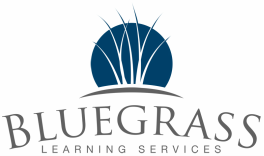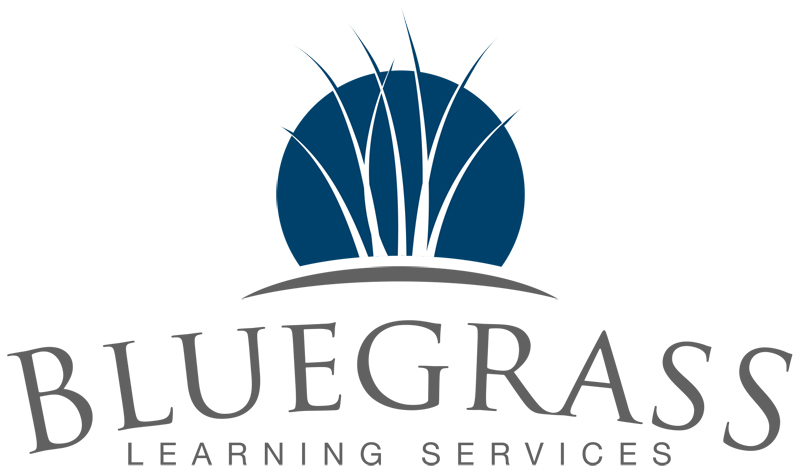Dyslexia Tutoring
“Making Percy dyslexic was my way of honoring the potential of all the kids I’ve known who have those conditions. It’s not a bad thing to be different. Sometimes, it’s the mark of being very, very talented.”
Rick Riordan, #1 NY Times Best Selling Author of Percy Jackson series
Rick Riordan, #1 NY Times Best Selling Author of Percy Jackson series
|
If your child has been diagnosed with dyslexia, or is suspected of having dyslexia, our Orton-Gillingham-based tutoring can help. The Barton Reading and Spelling System is designed for students with dyslexia, and it can be helpful for any student who struggles with reading. Your child will experience a structured, multi-sensory intervention that is proven to help students with dyslexia and other reading challenges.
All sessions are delivered by experienced literacy and/or special education teachers who have worked in our local schools for at least ten years and have extensive experience using the Barton program. Learn more about our Barton tutors, Tracey Wright and Dr. Bobbie Noall, by visiting this page. |
|
If you suspect your child may have dyslexia, see this list of common signs.
If you still have concerns, the next step is discussing those concerns with your child's pediatrician. They may refer you to a doctor or psychologist who specializes in diagnosing learning disabilities. Depending on your child's age, they may suggest waiting until your child is older before conducting the screening. Some professionals won't conduct a dyslexia screening until a child is seven or eight years old. We can begin tutoring before you have a diagnosis. The Barton system is helpful for students who are experiencing reading difficulties, even if they don't have a formal diagnosis of dyslexia. If your child has been diagnosed with dyslexia, we can begin immediately. While we provide learning supports, Bluegrass Learning does not diagnose dyslexia or any other learning disability. We strongly believe there should be a separation between diagnosis and the services provided. This eliminates any conflict of interest. A formal diagnosis should come from a doctor or psychologist who is qualified to screen for learning disabilities, not the teacher or tutor who is providing learning supports. If you have questions or need more information, give us a call or fill out the contact form on this page. |
|



